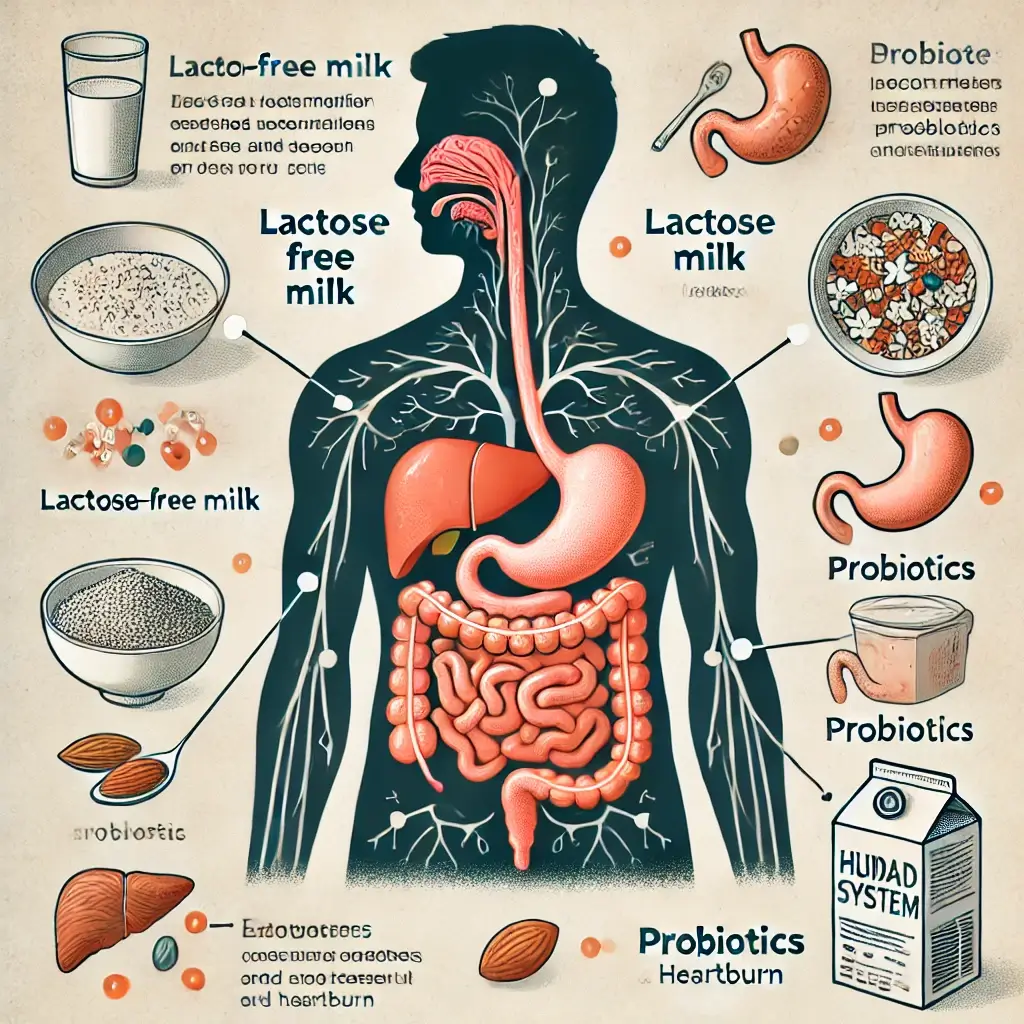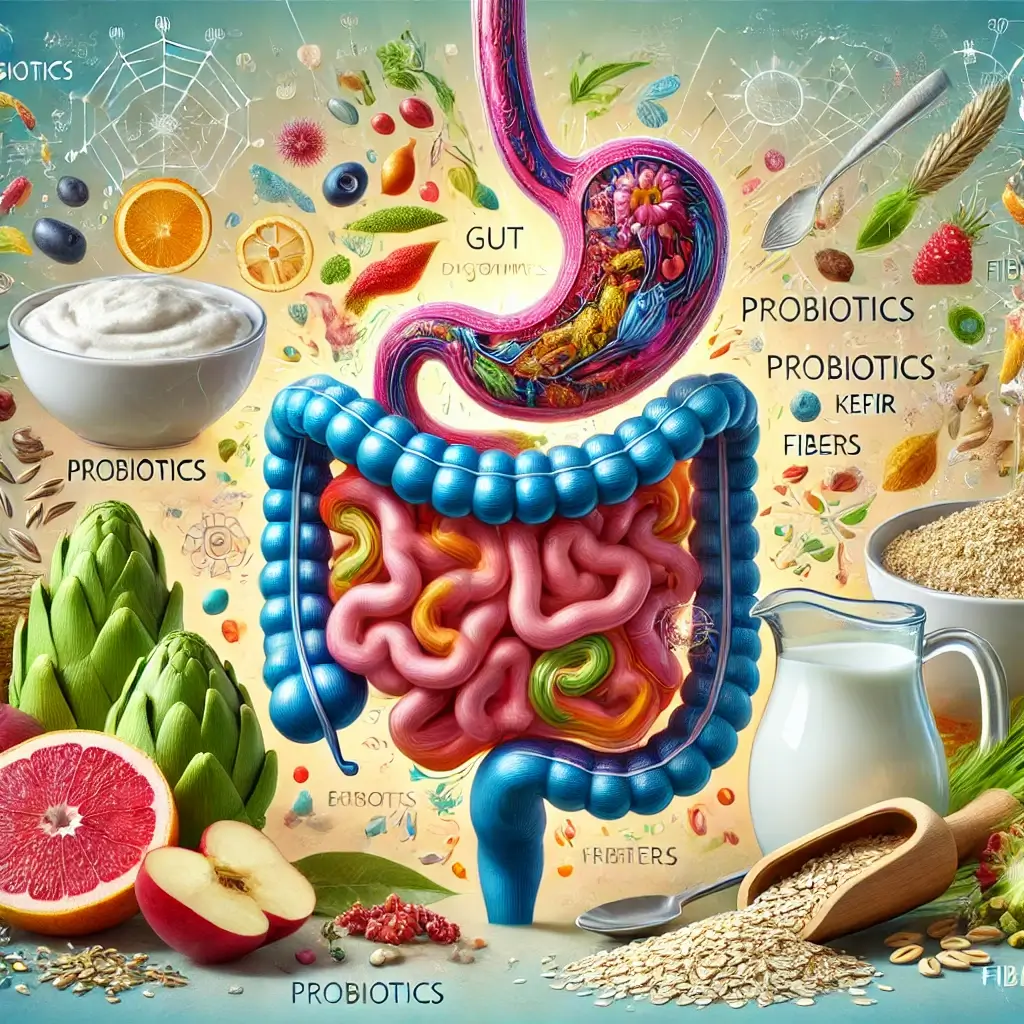Advantages of Practicing Intermittent Fasting
In the context of eating, intermittent fasting (IF) refers to an eating pattern alternating between fasting and eating. There are various intermittent fasting (IF) approaches, but they all include limiting the amount of calories consumed for a certain amount of time each day or week.
There is no such thing as a diet in the conventional sense. It is more of a pattern of eating that should be followed to enhance one’s health and reduce one’s weight.
Potential Benefits
Many possible advantages can be gained with IF, including the following:
Intermittent fasting (IF) has the potential to be an efficient program for weight reduction and improving body composition. Research published in the journal “Obesity” discovered that individuals who adhered to an intermittent fasting (IF) diet for twelve weeks saw a weight loss of around seven percent of their total body weight.
The capacity of the body to use glucose as a source of energy can be improved by using intermittent fasting (IF), which can enhance insulin sensitivity. In addition to preventing other chronic diseases, this can help avoid type 2 diabetes.
The intermittent fasting diet (IF) can lower inflammation, which plays a role in several chronic illnesses. An investigation published in the journal “Cell Metabolism” discovered that individuals who adhered to an intermittent fasting diet for twelve weeks had lower levels of inflammatory markers.
Some evidence suggests that intermittent fasting (IF) can lead to an increase in longevity. Research published in the journal “Nature” discovered that mice that fasted for twelve hours each day survived longer than mice that did not fast.
The reduction of inflammation and the stimulation of new brain cell development are two ways intermittent fasting (IF) might benefit brain health. The results of a research that was published in the journal “Cell Metabolism” revealed that individuals who adhered to an intermittent fasting (IF) diet for twelve weeks had elevated levels of brain-derived neurotrophic factor (BDNF). This protein encourages the development of new brain cells.
There is some evidence to suggest that intermittent fasting (IF) can lower the risk of developing cancer. Research that was published in the journal “Cancer Research” discovered that those who abstained from food and drink for twelve hours every day had a lower likelihood of acquiring colon cancer.
Potential Disadvantages
On the other hand, there are a few possible dangers that are connected to IF, including the following: It is possible for those new to intermittent fasting to suffer hunger, particularly during the fasting period. Blood sugar levels that are low: If you have diabetes or hypoglycemia, you should see your physician before doing intermittent fasting (IF).
Dehydration: It is essential to maintain enough water levels throughout fasting. Be sure to consume a lot of calorie-free water and other beverages.
You run the risk of developing nutritional deficiencies if you do not consume a well-balanced diet throughout the period in which you are eating.
Consult your physician before beginning intermittent fasting (IF) if you are considering giving IF a shot. They can assist you in determining whether intermittent fasting is appropriate for you and ensure that you are performing it securely.
Recommendations
The following are some more suggestions for complying with IF:
If you are new to intermittent fasting, you should begin fasting for shorter periods. As you become more used to the fasting regimen, gradually extend the time of your fasting intervals.You should break your fast if you experience lightheadedness, dizziness, or weakness.
Avoid dehydration by consuming a large amount of water and other liquids that do not include calories when fasting. Consuming a well-balanced diet during eating time is essential to maintain a healthy diet. By adhering to these ideas, you will be able to lessen the dangers involved with intermittent fasting and increase your chances of success.













